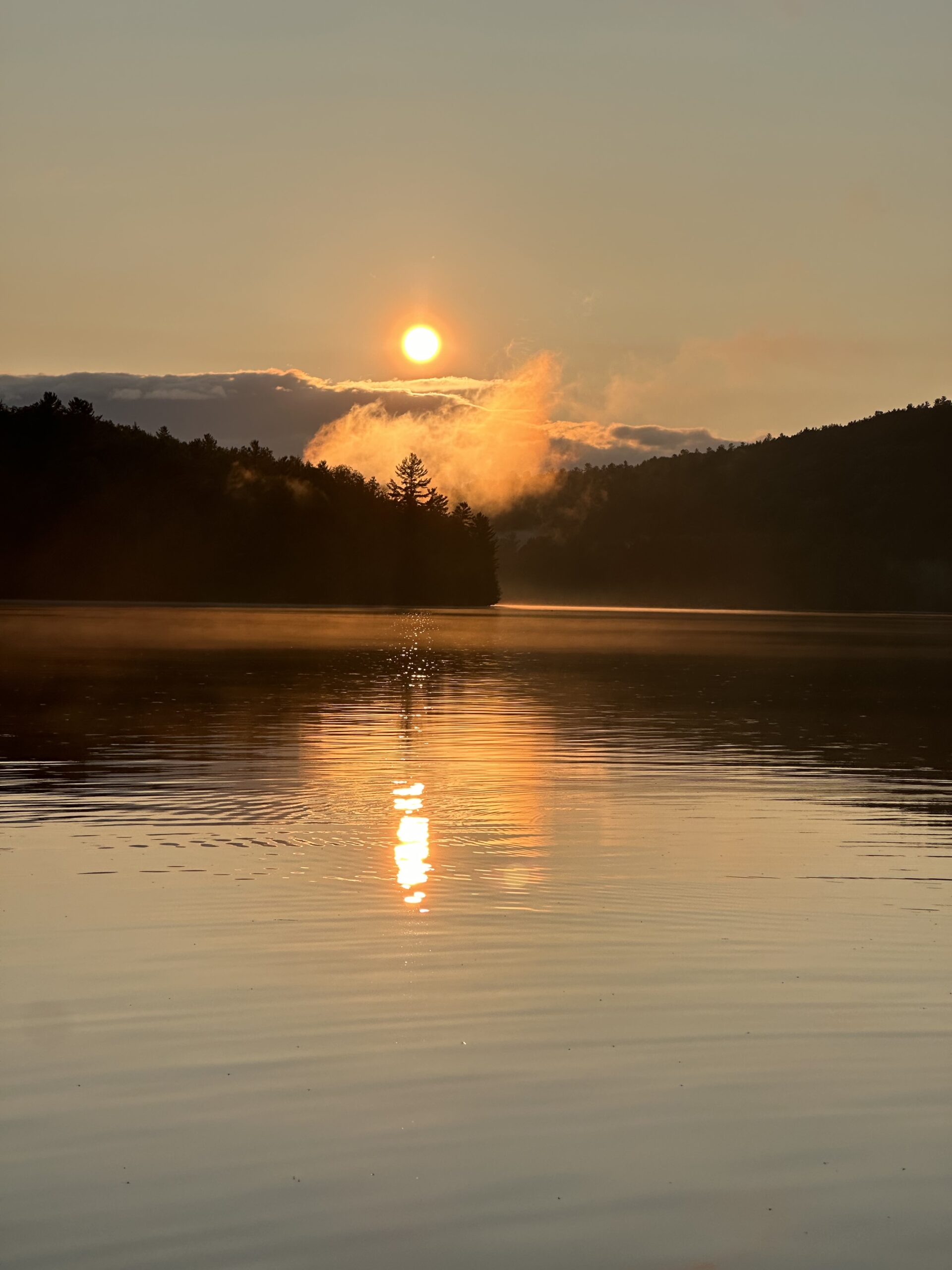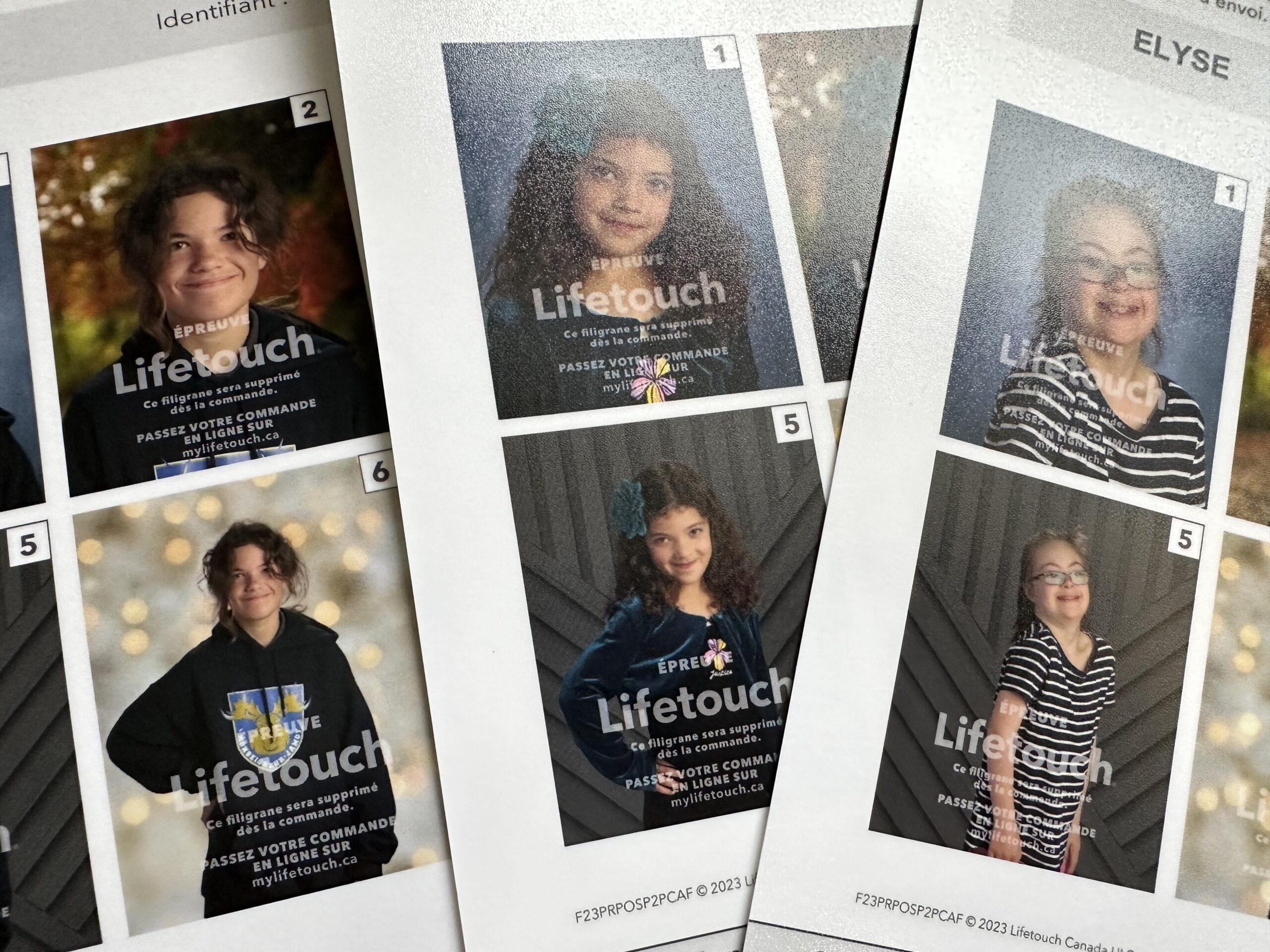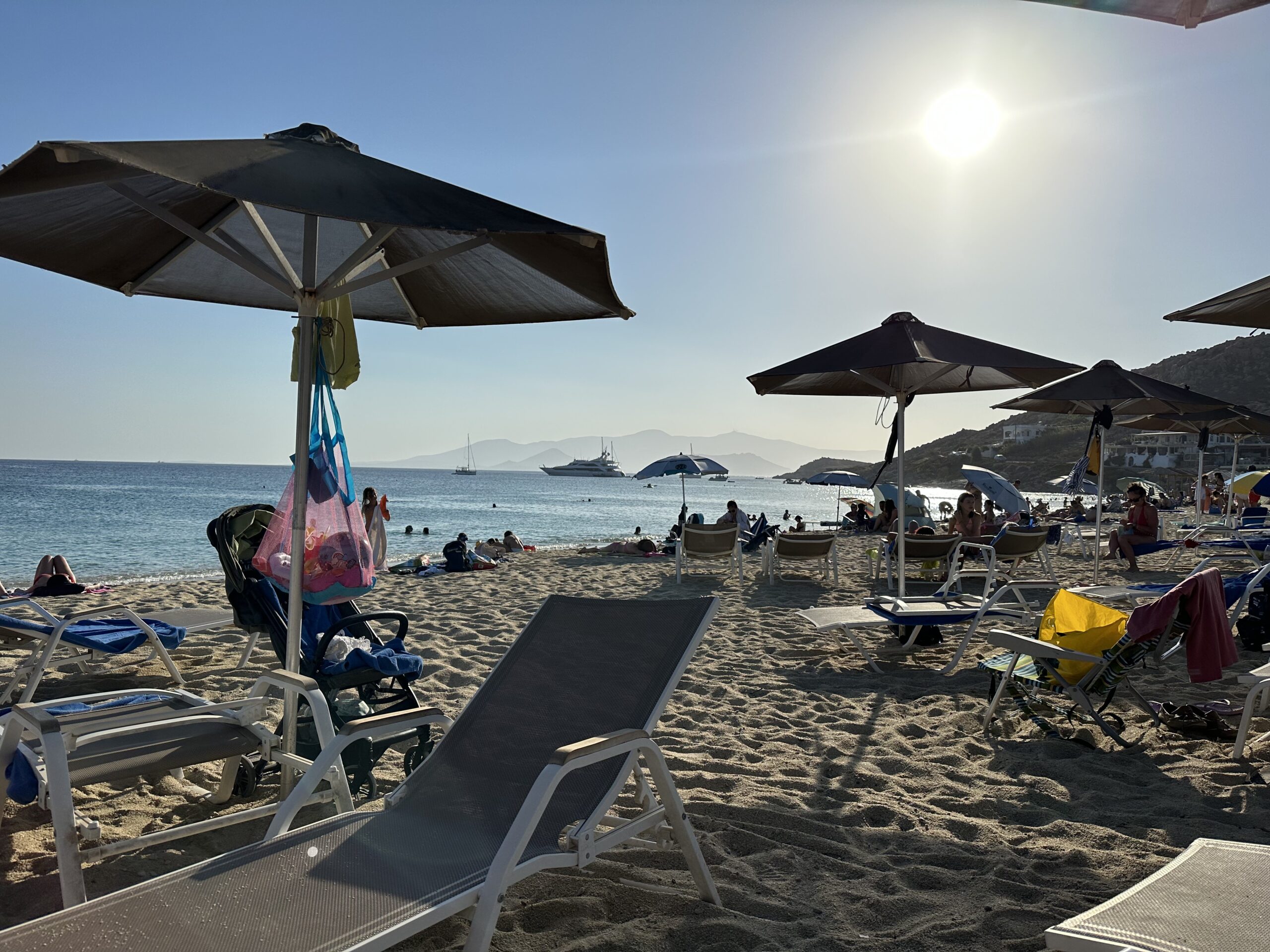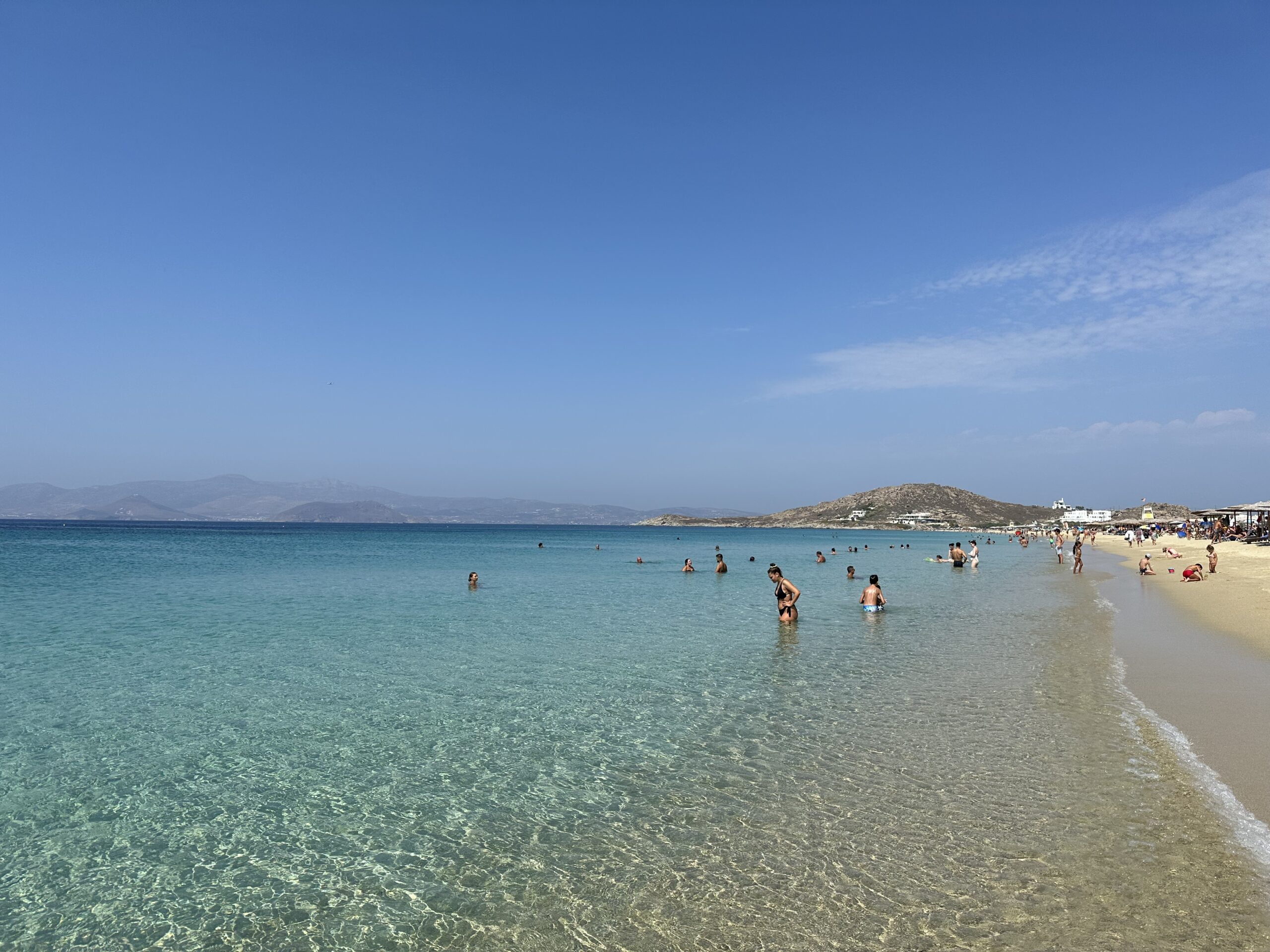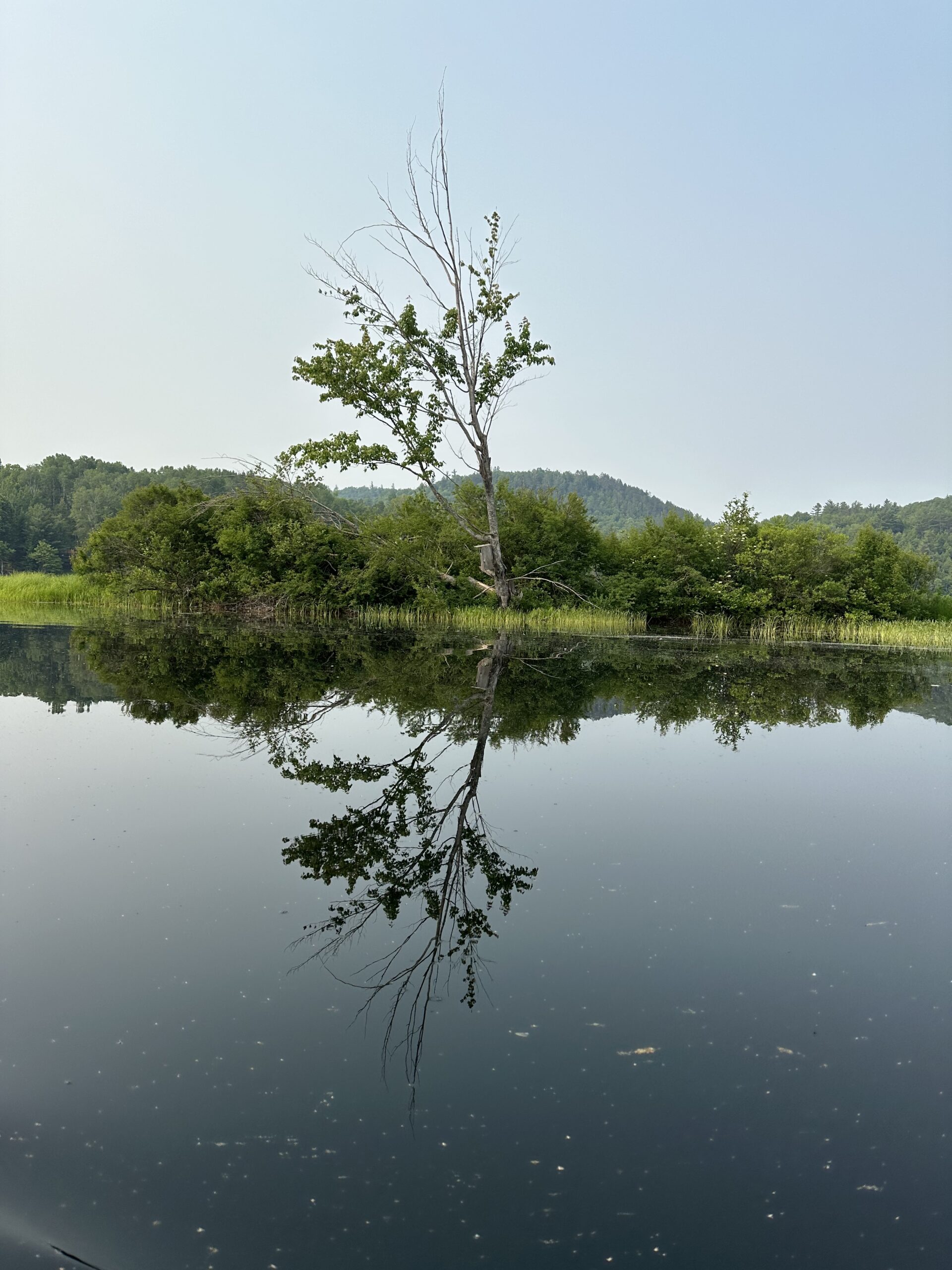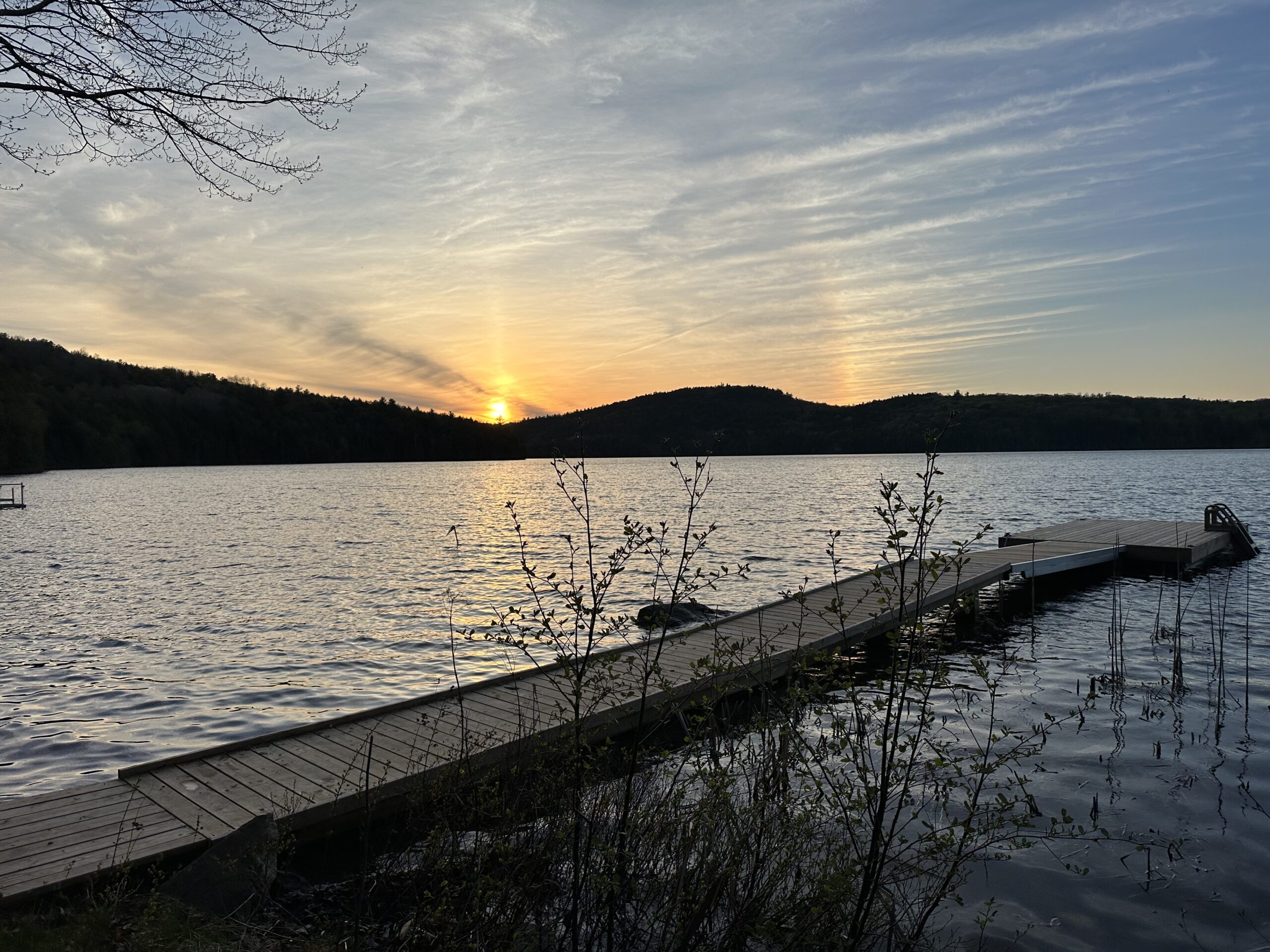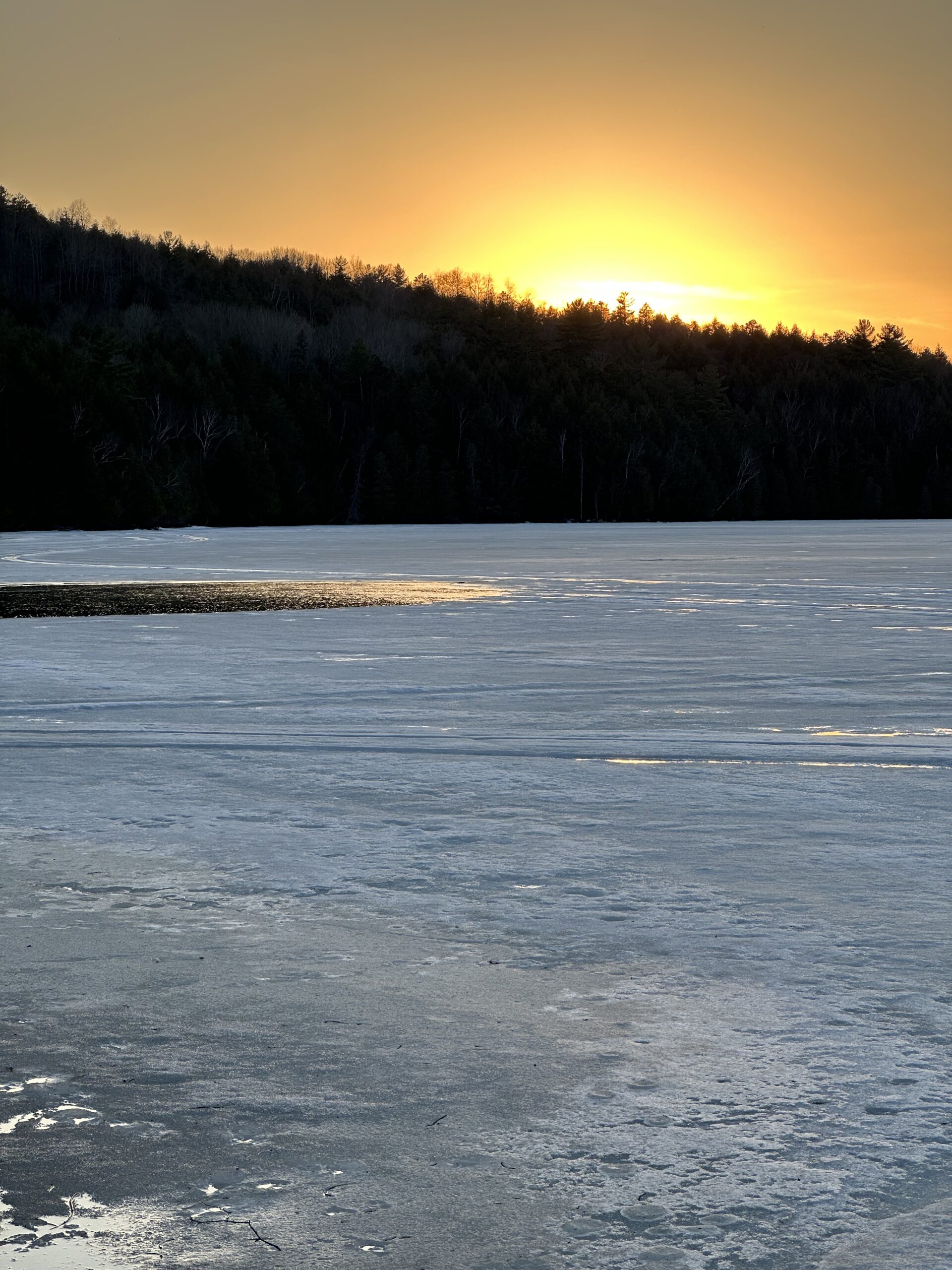I did something I’ve never done before. I booked a one-hour time slot to experience a float tank and what is called “Floatation Therapy.” Why? Life is a relentless rush, steams of light and fury, full of intrusions and distractions and constantly DOING. I was open—searching?—for a relaxing, therapeutic experience to calm my rapidly firing nervous system. Additionally, full disclosure: I booked an appointment at No.9 North Float Centre and Wellness Spa in Peterborough because I know the owner, and I wanted to support her small business.
I went into the experience with zero expectations; I didn’t anticipate how fully the immersion would be into dreamy wakefulness; did not expect the euphoric sense of calm and peacefulness that I walked away with. In other words, floatation therapy bordered on being a religious experience for me—a communion with the sacred— and you’re hearing back from the converted.

What is a Float Tank and What are the Benefits?
I’ll give you my non-technical description. A float tank is a huge tank (laying on my back, I could stretch out my limbs in both directions and barely touch the walls) filled to about knee height with a briny water. The water is heated to near body temperature. The tub is enclosed, making it a tank, with a door that you can easily push open. But once that door closes, there is an absence of sound and light, a sort of sensory deprivation.

According to WebMD, here are some of the health benefits, including relaxation, migraine relief, stress relief and detoxification, as well as improved sleep:
“The main benefit of using a sensory deprivation tank is to ease mental anxiety and muscle tension. Due to how buoyant the Epsom salt and water solution is, you can fully relax all of your muscles when floating. This is similar to experiencing zero gravity.
Floating in a tank can also relieve migraines and provide stress relief and detoxification since Epsom salts are high in magnesium, which can remove harmful substances such as free radicals from your body.
Free radicals are small particles that can damage your cells and increase inflammation, resulting in the development of conditions such as cancer and autoimmune disorders.
Magnesium can also promote bone and heart health, and even improve insulin sensitivity, which can help prevent diabetes.”
I didn’t know, specifically, about any of these studied health benefits before I booked my appointment, but here is my honest take on the experience (and why you should try it!)
My Floatation Therapy Experience:
Cleanliness is important to me, especially when my skin is going to soak in somebody else’s tub for an hour. The entire process was sanitary and clean. Earplugs were provided to block the water from getting into my ears. I was in my own private sparkling room that contained the tub and a shower for pre- and post-rinsing, as well as soap products to use. I was provided with clean flipflops, fresh towels and a robe for afterwards. You can wear a bathing suit if you want, but I decided to strip down for the full constriction-free experience (and I recommend this.) There is a light inside the tank, but it’s only used to bring you back at the end. Yes, I did say bring you back, because the sensation I felt by about halfway in was that of being elsewhere, in a dreamlike meditative state.

First Impressions:
Closing the door to the tank was a bit scary at first, because it’s completely DARK, and you’re naked, and the surroundings are unfamiliar. I was extra cautious not to get the salty water in my eyes when I first laid back, but once I got myself in the star fish position, I began to relax.
The first thing I noticed, once I got beyond the absence of light, was the tickling sensation of the salt. If you’ve ever been in the salty ocean, you know that salt can burn or leave the skin with an itchy sensation. I tried to resist the slight itchiness, which is also, in part, my own itchiness at being still. Eventually, I succumb to the sensation and any discomfort from the salt content fell away. I stopped noticing the physicality of my body.
The next demon to content with was muscle soreness in my neck. I had done a strength workout that morning that involved overhead presses with heavy weights and push ups, and my neck and shoulders were unhappy. When I first laid back, my head felt too heavy, like I was going to sink down too low, and so I initially put both my hands behind my head to cradle my cranium for extra support. But around the time I accepted the itchiness of the salt content in the water, I realized my neck pain wasn’t just lessened but gone completely. If you’ve ever experienced muscle soreness, I cannot recommend floatation therapy enough. In speaking to another friend afterwards, she mentioned a friend of hers with chronic backpain finally achieved relief in this way.
The Squirrels of the Mind:
And so once I’d dealt with the squirrels of the physical: itchy skin and body aches, all that was left to contend with were the squirrels of the mind, chasing their own tails.
Thankfully, I am a person who likes being in her own company—ha! And so I floated there, like resting on a bed of Jello, occasionally dropping my arms and legs down into the thick water, like slicing through butter, making slight movements to keep myself entertained, like a slow motion water dance, and I let go of all sense of time. I was told the Spa manager would knock when my time was up. That did not stop my brain from saying: I wonder how long I’ve been here? Has it been 20 minutes? 5 minutes? 40 minutes? Will I hear him knock? Of course I’ll hear him knock. I wonder what he’s doing out there right now? I wonder what other people do in here? Look, I can feel the wall. Here’s the top, here’s the bottom. There’s a side, and the other side. What’s the best way to pass the time…how long has it been? And on and on and on…until eventually, I stopped caring, and I felt a sort of tingling sensation all over, and I thought of being in the womb, and I felt held and cared for. I experienced an overwhelming sense of wellbeing. I was also overjoyed at the idea of having an hour to myself, a complete hour, where no husband or animal or child or phone would ding at me, demanding my attention. I don’t think I realized how completely trained and owned I am by my phone.
Book a Full Hour:
The dark and quiet held me there, suspended, and the sensation of joy, peacefulness, and relaxation inside me was deep and complete. The Spa manager commented beforehand, “Some people can get claustrophobic.” But I did not feel that once. He also told me that “an hour is a long time for a beginning,” but I’m really glad I booked an hour because it took me a while to get over my squirrel brain and shut the noise from the outside world out.
Probably by halfway into the experience, I stopped feeling anything at all, and experienced a sort of weightlessness. How good it feels to be carried in this way without placing a burden on anyone else.

Altered State of Consciousness:
At the end of the hour, I did hear the Spa Manager’s gentle knock on the door outside my room, but the sound came from far away. Simultaneously, a gentle light came on inside the tank and filled my eyelids with a sort of peach brightness. I hadn’t been sleeping, exactly, but the sensation then was of waking up. I woke from a dreamlike state, and I was sorry for the experience to be over, while simultaneously grateful to have found myself coming back from somewhere. My body tingled, radiated, in a pleasant way. I stepped out of the tank. Turned on the warm shower. And tried to process where I went in that headspace. An ‘altered state of consciousness’ may come the closest to finding the right words.
Helpful Tips from the Converted:
Don’t touch your face or your eyes once your hands have gone in the salty water! And wear the ear plugs. Salt water can burn. When you first get inside, leave the door open for a minute or two and trace your hand along the edge of the tub to get your bearings. Close your eyes. Use the floatation head ring to support your head and neck. Make the time your own.
Be gentle with yourself if it takes a while for the squirrel brain to settle in its nest. And then, simply, let go.








